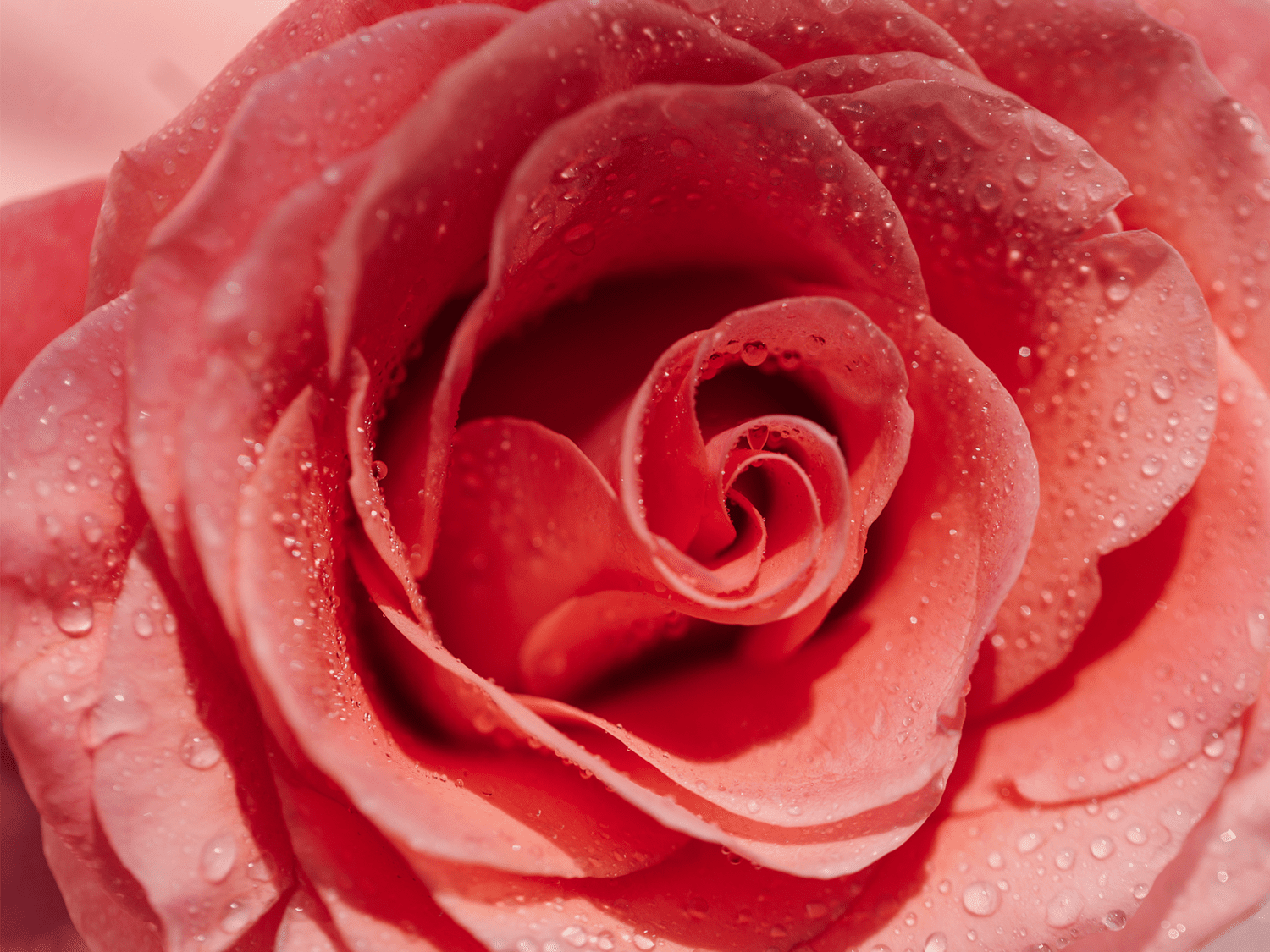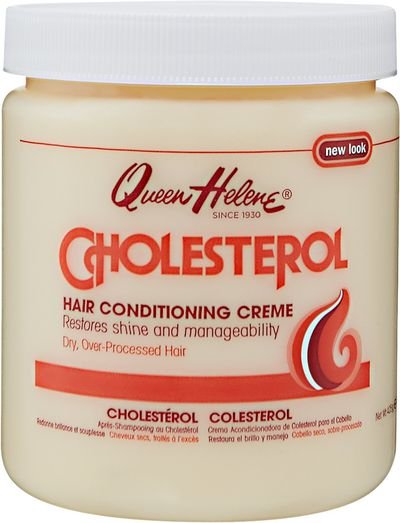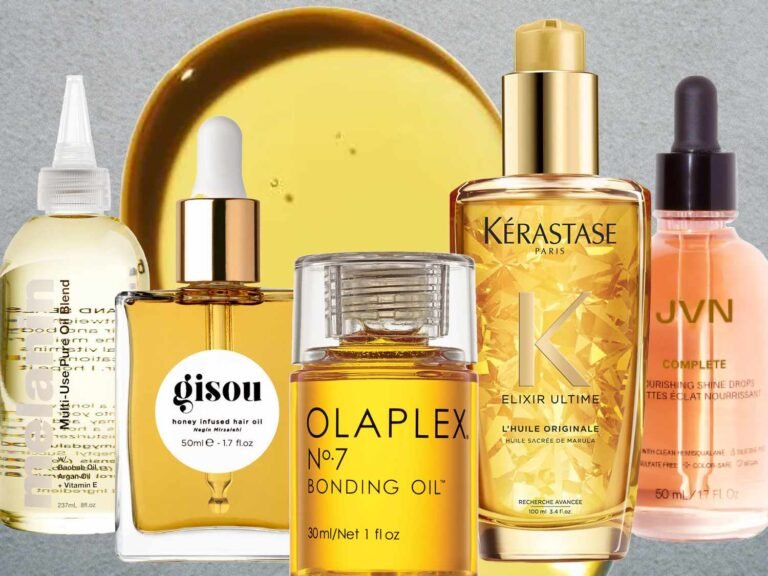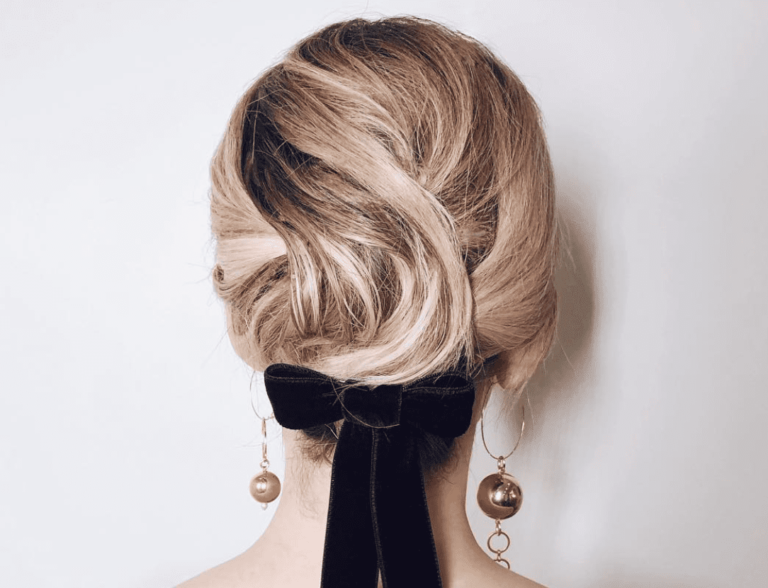How to Use Rose Water for Hair And Scalp Health, According to Derms
To use rose water for hair and scalp health, apply it as a rinse, leave-in spray, or in a hair mask, gently massaging the scalp and then rinse or leave it in. Rose water is a versatile natural ingredient that can offer numerous benefits for hair and scalp health.
Its moisturizing and soothing properties make it a popular choice for those seeking to improve the condition of their hair and scalp. Additionally, rose water can help to balance the skin’s natural oils, making it suitable for all hair types.
Whether you choose to use it as a rinse, leave-in spray, or as an ingredient in a hair mask, incorporating rose water into your hair care routine may be a simple yet effective way to promote healthier hair and scalp. We’ll explore the various methods of using rose water for hair and scalp health, along with tips recommended by dermatologists.

Credit: www.pinterest.com
Benefits Of Rose Water For Hair
Benefits of Rose Water for Hair:
Moisturizing Properties
Rose water provides hydration to curly and dry hair, helping to improve its overall moisture levels.
Preventing Excess Oil Production
Rose water acts as a mild astringent, assisting in regulating oil production on the scalp to maintain a healthy balance.
:max_bytes(150000):strip_icc()/IMG_4837-b92a97f455364e3ca2d157d6694e249e.jpg)
Credit: www.byrdie.com
How To Use Rose Water For Hair And Scalp Health
How to Use Rose Water for Hair and Scalp Health
As A Rinse
If using rose water as a rinse, apply it to clean hair after your normal shampoo and conditioner routine. Gently massage the product into the scalp and hair strands to ensure even distribution.
Leave-in Spray
For a leave-in spray, apply rose water to your hair after washing and conditioning. Gently massage it into the scalp and hair, and leave it in to absorb its nourishing benefits.
Ingredient In A Hair Mask
Rose water can also be used as an ingredient in a homemade hair mask. Simply mix it with other hair-nourishing ingredients like honey or aloe vera, apply the mask to your hair and scalp, and leave it in for a specified period before rinsing off.
Application Techniques
When it comes to using rose water for hair and scalp health, application techniques are key. To ensure that you get the most out of this natural ingredient, it’s important to understand how to properly apply it. In this section, we will explore three different techniques: massage into scalp, allow to sit, and rinse off versus leave-in. Let’s dive in and discover the best way to incorporate rose water into your hair care routine.
Massage Into Scalp
The first technique for using rose water on your hair and scalp is to massage it into your scalp. After applying rose water as a rinse, spray, or as an ingredient in a hair mask, gently massage your scalp to ensure even distribution. This will help stimulate blood flow to the hair follicles, promoting healthy hair growth and a nourished scalp.
Allow To Sit
Once you have massaged the rose water into your scalp, allow it to sit for a few minutes to absorb its benefits. This will give the rose water enough time to penetrate the hair and scalp, providing hydration and conditioning properties. Whether you’re using it as a rinse or a leave-in treatment, giving it a few minutes to work its magic can make a noticeable difference in the overall health of your hair and scalp.
Rinse Off Vs. Leave-in
After allowing the rose water to sit, it’s important to decide whether you should rinse it off or leave it in. This will depend on your personal preference and hair type. If you choose to rinse it off, simply use lukewarm water to remove any excess rose water from your hair and scalp. On the other hand, if you opt for a leave-in treatment, allow the rose water to air dry or use a gentle towel to remove any excess moisture.
When using rose water as a leave-in treatment, it can provide ongoing hydration and protection throughout the day. It can also help to tame frizz and add shine to your hair. However, if you have oily hair or want to avoid any potential buildup, rinsing off the rose water may be the best option for you.
In conclusion, applying rose water to your hair and scalp can have numerous benefits. By using the proper application techniques of massaging into the scalp, allowing it to sit, and deciding whether to rinse off or leave it in, you can maximize the benefits of this natural ingredient. So go ahead and give rose water a try for healthier, more beautiful hair!
Frequency Of Usage
Start of Frequency of UsageWhen it comes to benefiting from rose water for healthy hair and scalp, understanding the frequency of usage is crucial. By incorporating rose water into your hair care routine at the appropriate times and with the correct frequency, you can optimize its potential impact. Let’s delve into the usage recommendations tailored to different hair types and the ideal frequency for utilizing rose water.
Curly Or Dry Hair
For individuals with curly or dry hair, incorporating rose water into your hair care routine can provide a nourishing and hydrating effect. Due to its moisturizing properties, rose water can significantly benefit those with these hair types.
Recommended Usage Times Per Week
- Rose water can be applied to the hair and scalp two to three times per week as a mist or rinse.
Precautions And Side Effects
If you’re wondering how to use rose water for hair and scalp health, derms recommend using it as a rinse, leave-in spray, or in a hair mask. Massage it gently onto your scalp and let it sit for a few minutes before rinsing or leaving it in.
Just be cautious if you have allergies to flowers, as rose water may cause irritation.
Allergy Warnings
If you have a known allergy to roses or other flowers, it is important to exercise caution when using rose water on your hair and scalp. Although rose water is generally safe for most people, it can potentially cause irritation and allergic reactions in individuals with sensitive skin or flower allergies.
Before incorporating rose water into your hair care routine, it is recommended to perform a patch test to check for any adverse reactions. Apply a small amount of diluted rose water to a small area of your skin, such as the inside of your wrist, and wait for 24 hours to see if there are any signs of redness, itching, or swelling.
Consulting Healthcare Provider
If you have severe dandruff, eczema, or psoriasis, it is advisable to consult with your healthcare provider before using rose water for your hair and scalp. They will be able to assess your specific condition and provide personalized advice on whether rose water is suitable for you or if there are any potential interactions with your medications or treatments.
Additionally, your healthcare provider can guide you on the ideal frequency and method of using rose water based on your individual needs and hair type. Remember, it is always better to seek professional advice to ensure the safety and effectiveness of any new hair care practices.
:max_bytes(150000):strip_icc()/040722-Rose-Water-for-Hair-Lead1-21559c3c455a43c38ab2f3ad7470572c.jpg)
Credit: www.instyle.com
Derms Recommendations
When it comes to incorporating rose water into your haircare routine, derms have some specific recommendations to ensure optimal hair and scalp health.
Direct Application Methods
- Apply rose water directly to your scalp and hair strands after shampooing and conditioning. Gently massage for even distribution.
- Leave it on for a few minutes to allow absorption before rinsing off or leaving it in, depending on your preference.
Incorporating Rose Water
- Use rose water as a rinse by diluting it with water and pouring it over your hair as a final step in your shower routine.
- As a leave-in spray, mix rose water with essential oils or aloe vera for added benefits and spritz on damp hair.
- Include rose water in your DIY hair masks by blending it with ingredients like coconut oil, honey, or yogurt for a nourishing treatment.
Diy Hair Rinse With Rose Water
Simple Recipe And Application
- Mix 1 cup of distilled water with 2 tablespoons of rose water in a spray bottle.
- Shake well to ensure proper blending of the ingredients.
- After shampooing and conditioning your hair, spray the mixture onto your scalp and hair.
- Gently massage your scalp to improve blood circulation.
- Leave the mixture on for 5-10 minutes to allow the rose water to nourish your hair.
- Rinse thoroughly with lukewarm water for best results.
Application
- Comb your hair to remove any tangles before applying the rose water rinse.
- Divide your hair into sections to ensure even distribution of the mixture.
- Start spraying the mixture from the roots and work your way down to the tips.
- Massage your scalp gently to promote absorption and stimulate hair growth.
- Leave the rinse on for a few minutes before rinsing off with water.
Frequently Asked Questions
How To Use Rose Water For Scalp?
You can use rose water as a rinse, leave-in spray, or a hair mask. Gently massage into the scalp and let it sit for a few minutes before rinsing or leaving in. Use it two to three times per week, and avoid if allergic to roses.
How Often Should You Use Rose Water On Your Scalp?
You can use rose water on your scalp 2-3 times per week for its moisturizing benefits.
Do You Apply Rose Water To Wet Or Dry Hair?
You can apply rose water to wet or dry hair as a rinse, leave-in spray, or in a hair mask. Gently massage into the scalp and let it sit before rinsing or leaving it in.
What Are The Disadvantages Of Applying Rose Water On Hair?
The disadvantages of applying rose water on hair are minimal. However, it may cause irritation or allergic reactions in those who are allergic to roses or other flowers. People with severe dandruff, eczema, or psoriasis should consult a healthcare provider before using rose water on their hair.
Conclusion
Rose water is a versatile and natural solution for enhancing the health of your hair and scalp. Its nourishing and soothing properties can help to restore balance and vitality to your hair, making it a valuable addition to your hair care routine.
With the guidance of dermatologists, you can confidently incorporate rose water into your daily hair care regimen for beautiful and healthy hair.








